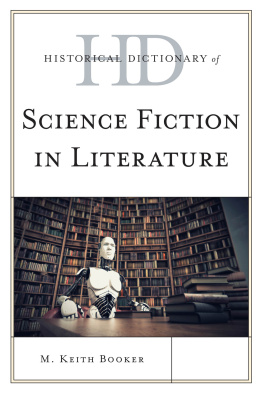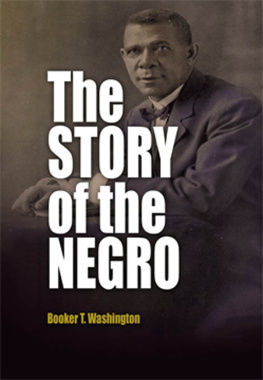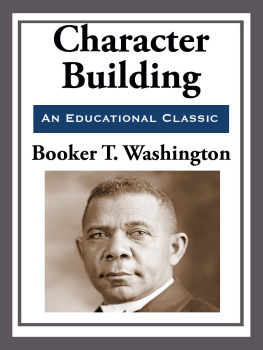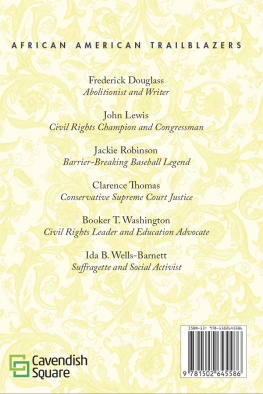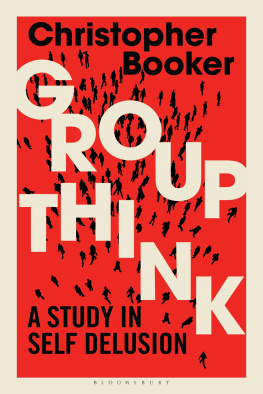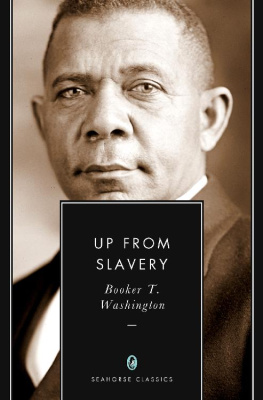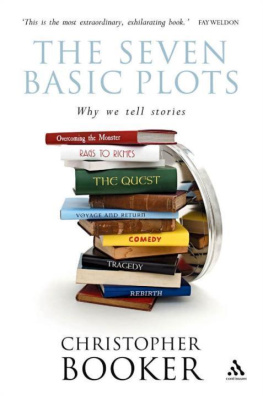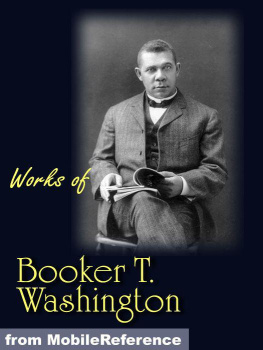
This book is dedicated to the memory of my parents, John and Margaret Booker, who, between them, gave me such a magical introduction to the world of storytelling.
He had likewise projected, but at what part of his life is not known, a work to show how small a quantity of REAL FICTION there is in the world; and that the same images, with very little variation, have served all the authors who have ever written.
Dr Samuel Johnson, recorded in Boswells Life of Johnson
In the mid-1970s queues formed outside cinemas all over the Western world to see one of the most dramatic horror films ever made. Steven Spielbergs Jaws, which heralded the arrival of the most successful popular storyteller of the late-twentieth century, told how the peace of a little Long Island seaside resort, Amity, was rudely shattered by the arrival offshore of a monstrous shark, of almost supernatural power. For weeks on end the citizens are thrown into a stew of fear and confusion by the sharks savage attacks on one victim after another. Finally, when the sense of threat seems almost too much to bear, the hero of the story, the local police chief Brody, sets out with two companions to do battle with the monster. There is a tremendous climactic fight, with much severing of limbs and threshing about underwater, until at last the shark is slain. The community comes together in universal jubilation. The great threat has been lifted. Life in Amity can begin again.
It is safe to assume that few of the millions of sophisticated twentieth-century moviegoers who were gripped by this tale as it unfolded from the screens of a thousand luxury cinemas would have paused to think they had much in common with an unkempt bunch of animal-skinned Saxon warriors, huddled round the fire of some draughty, wattle-and-daub hall 1200 years before, as they listened to the minstrel chanting out the verses of an epic poem.
Yet just consider the story of that ancient poem which has survived to our own day mainly to be dissected in examination rooms by generations of bored and baffled students of Anglo-Saxon literature.
The first part of Beowulf tells of how the peace of the little seaside community of Heorot is rudely shattered by the arrival of Grendel, a monster of almost supernatural power, who lives in the depths of a nearby lake. The inhabitants of Heorot are thrown into a stew of fear and confusion as, night after night, Grendel makes his mysterious attacks on the hall in which they sleep, seizing one victim after another and tearing them to pieces. Finally, when the sense of threat seems almost too much to bear, the hero Beowulf sets out to do battle, first with Grendel, then with his even more terrible monster mother. There is a tremendous climactic fight, with much severing of limbs and threshing about underwater, until at last both monsters are slain. The community comes together in jubilation. The great threat has been lifted. Life in Heorot can begin again.
In terms of the bare outlines of their plots, the resemblances between the twentieth-century horror film and the eighth-century epic are so striking that they may almost be regarded as telling the same story. Are we to assume that the author of Jaws, Peter Benchley, had in some way been influenced by Beowulf ? Of course not. Even if he had read Beowulf, it is most unlikely that he could have conceived a story with the power of Jaws unless it had emerged spontaneously into his own imagination. Yet the fact remains that the two stories share a remarkably similar pattern one which moreover has formed the basis for countless other stories in the literature of mankind, at many different times and all over the world.
So what is the explanation?

It is a curious characteristic of our modern civilisation that, whereas we are prepared to devote untold physical and mental resources to reaching out into the furthest recesses of the galaxy, or to delving into the most delicate mysteries of the atom in an attempt, as we like to think, to plumb every last secret of the universe one of the greatest and most important mysteries is lying so close beneath our noses that we scarcely even recognise it to be a mystery at all.
At any given moment, all over the world, hundreds of millions of people will be engaged in what is one of the most familiar of all forms of human activity. In one way or another they will have their attention focused on one of those strange sequences of mental images which we call a story.
We spend a phenomenal amount of our lives following stories: telling them; listening to them; reading them; watching them being acted out on the television screen or in films or on a stage. They are far and away one of the most important features of our everyday existence.
Not only do fictional stories play such a significant role in our lives, as novels or plays, films or operas, comic strips or TV soaps. Through newspapers or television, our news is presented to us in the form of stories. Our history books are largely made up of stories. Even much of our conversation is taken up with recounting the events of everyday life in the form of stories. These structured sequences of imagery are in fact the most natural way we know to describe almost everything which happens in our lives.
But it is obviously in their fictional form that we most usually think of stories. So deep and so instinctive is our need for them that, as small children, we have no sooner learned to speak than we begin demanding to be told stories, as evidence of an appetite likely to continue to our dying day. So central a part have stories played in every society in history that we take it for granted that the great storytellers, such as Homer or Shakespeare, should be among the most famous people who ever lived. In modern times we have not thought it odd that certain men and women, such as Charlie Chaplin or Marilyn Monroe, should come to be regarded as among the best-known figures in the world, simply because they acted out the characters from stories on the cinema screen. Even when we look out from our own world into space, we find we have named many of the most conspicuous heavenly bodies Venus, Mars, Jupiter, Orion, Perseus, Andromeda after characters from stories.
Yet what is astonishing is how incurious we are as to why we indulge in this strange form of activity. What real purpose does it serve? So much do we take our need to tell stories for granted that such questions scarcely even occur to us.
In fact what we are looking at here is really one mystery built upon another, because our passion for storytelling begins from another faculty which is itself so much part of our lives that we fail to see just how strange it is: our ability to imagine, to bring up to our conscious perception the images of things which are not actually in front of our eyes.
If someone says to us the Matterhorn... or a zebra... or your kitchen table at home... or a dragon breathing fire... something very peculiar happens. Somewhere inside our heads, the words can trigger off a mental picture of each of these things. No one knows exactly where or how that image is produced or perceived. But we have this capacity to conjure up the inward images not only of places, people and things not present to our physical senses, but even of things, such as that fire-breathing dragon, which have never existed physically at all.
And it is of course this ability to conjure up whole sequences of such images, unfolding before our inner eye like a film, which enables us to have dreams when we sleep, and when we are awake to focus our attention on these mental patterns we call stories.
Next page





